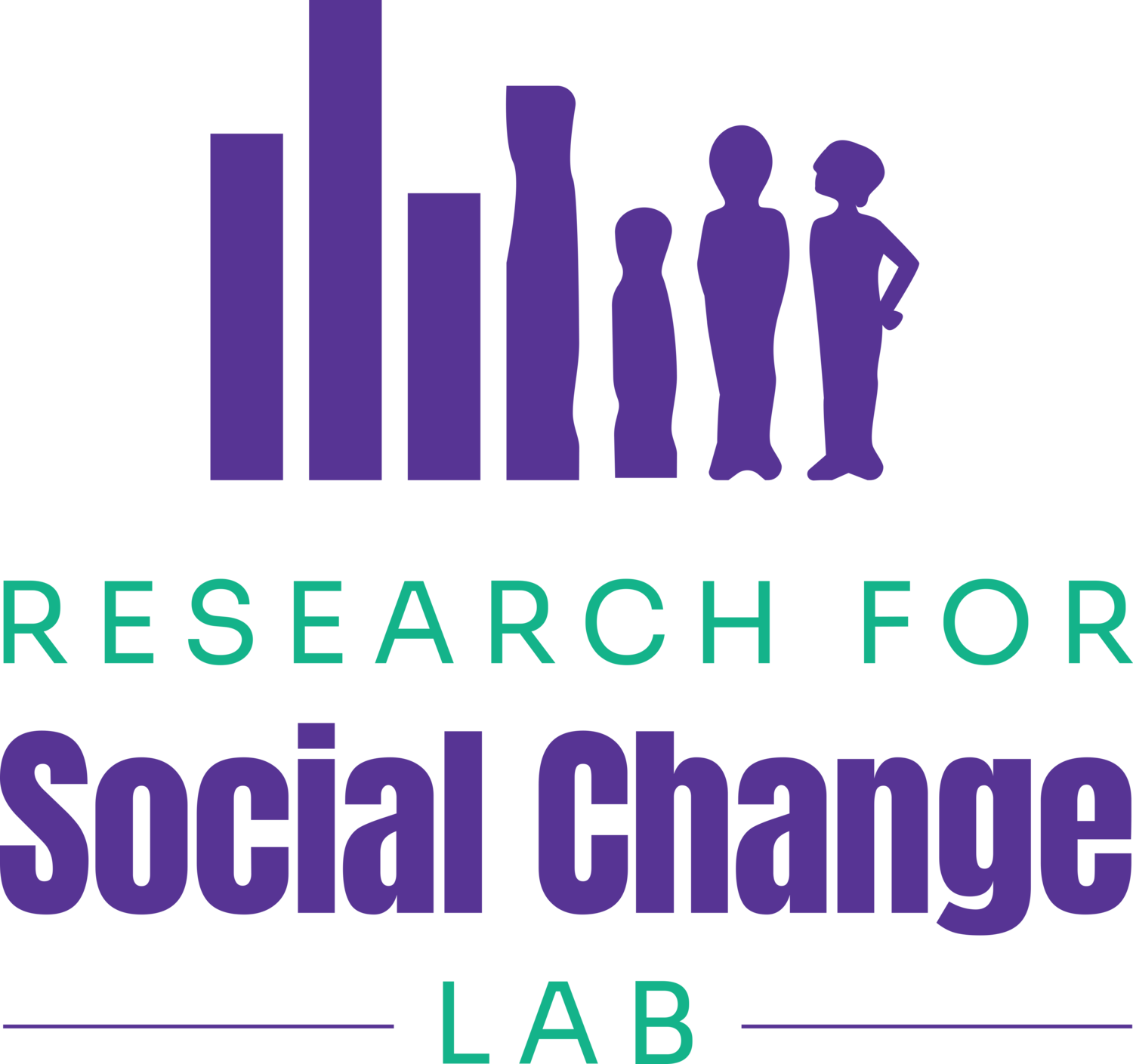What is Institutional Ethnography, and why is it an important research approach?
Institutional ethnography (or IE) is an approach to social science research that begins with people's experiences rather than a theoretical category or abstract preoccupation. The idea is to figure out how people's experiences are connected to the experiences of people elsewhere. In IE we recognize that the things people do take time and energy and so we refer to these "doings" as people's work. We try to understand how the work someone is doing in one context (e.g., work to get access to resources) is connected to, and shaped by, work that is happening in other places (e.g., sites where people decide who is eligible for the resources someone is seeking). The coordination of people's work across local sites is made possible by the existence and circulation of ideas, texts, and other human-made phenomena (e.g., databases, photo images, infrastructure). So institutional ethnographers study these too. Most often, IE is used to help people understand how power works — not power in the abstract; rather power as an accomplishment of the co-ordered and textually-mediated work processes that we pay attention to in our research.
Session 1
Readings
Institutional Ethnography Reading Group
-

What is a reading group, and how does it typically function?
Reading groups provide an informal space for people to learn together. For our reading group, once a month, we will get together to discuss a text that everyone has read. In this case, the reading group is held online, and each month one person agrees to choose the reading and host the conversation. Hosting simply means that you come prepared with some discussion questions for the group. A reading group is not a seminar, but thoughtful participation is needed from those who are present.
-

Why is the lab interested in offering education and discussions about IE?
We believe that learning how to view the social world from an institutional ethnographic point of view can be helpful to people who want to understand how power is put together and operates in/on our lives. This knowledge is important to identifying ways forward for social change. For this reason, we think it's important that people get a chance to engage with IE even if they aren't in school. So this reading group is open to anyone who wants to read with us. We also recognize that reading dense scholarly texts is easier and more fun in a group!
-

Who are the potential facilitators for the series?
Our facilitators include professionals and friends of the lab deeply engaged in institutional ethnography, including:
Sara Carpenter, Naomi Nichols, Jamie Magnusson, Shahrzad Mojab, Himani Bannerji




